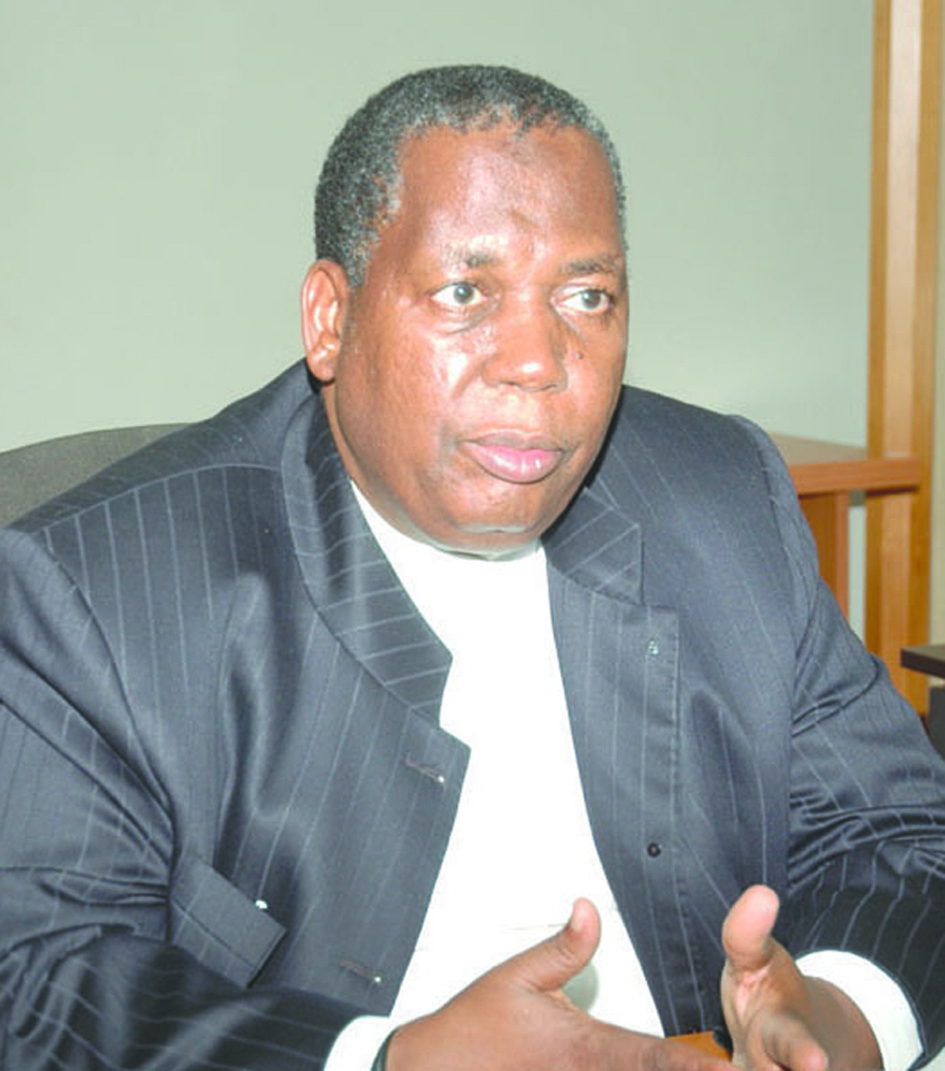
Nigeria Deposit Insurance Corporation extends deposit insurance to individual subscribers of the Mobile Money Operators (MMOs) in the form of pass-through deposit insurance in its bid to guarantee financial inclusion in the operation of the Mobile Payment Services.
The Nigeria Deposit Insurance Corporation (NDIC) is leaving nothing to chance in its effort to ensure that the goal of financial inclusion through the operation of the Mobile Payment Services (MPS) is realised in the country. In furtherance of this goal, the NDIC has considered as imperative the extension of deposit insurance to the individual subscribers of the Mobile Money Operators (MMOs) in the form of pass-through deposit insurance. Umaru Ibrahim, managing director/chief executive of NDIC, said recently that “the framework for making the pass-through insurance scheme operational is currently being finalised by the corporation.”
Deposit insurance scheme is a financial guarantee to protect depositors in the event of bank failure and also to offer a measure of safety for the banking system. The scheme is designed to save small savers who may not be privileged to adequate information on the financial conditions of their banks.
Kingsley Nwaigwe, deputy director, Research, Policy and International Relations Department of NDIC, who presented a paper on “The Role and Challenges of Deposit Insurance in Mobile Payment Environment,” at a recent seminar by the corporation organised for financial journalists in Katsina, gave three major reasons for extending deposit insurance to the MMOs. “The corporation’s effort at providing deposit insurance to digital deposit-like products is to reduce the number of the unbanked, boost public confidence in the mobile money sub-sector to promote financial inclusion as well as creating a vibrant and globally competitive financial sector in Nigeria,” Nwaigwe said.
MPS is a means of effecting payments for products and services as well as carrying out money transfer through portable electronic devices like cell phones, smart phones or personal digital assistant.
Nigeria’s journey to mobile payment system started in June 2009, when the Central Bank of Nigeria (CBN) issued the regulatory framework for the operation of mobile payments to facilitate the reduction of the number of unbanked Nigerians. The system took off effectively in January 2012 with the initial licensing of 11 mobile payment operators. Their number grew to 24 as at October 31, 2014.
The regulatory guidelines provide models for the implementation of the MPS in the country. These models are bank led model and non-bank led model. However, there are four main participants in the Nigerian MPS, namely the MMO, payment agent, banks and subscribers.
The MMO is the entrepreneur licensed by the CBN to carry out the business of mobile payment. The MMO appoints the payment agent who receives or pays money at various locations on its behalf. The agent maintains the identity and account records of its customers while the banks are the custodians of the money involved in the transactions in the form of pool account maintained by the MMO.
Furthermore, the MMO is mandated to operate two accounts. The first account is its own personal account. The second is the pool account into which various mobile money customers’ account balances are domiciled. “Every agent is mandated to open an account with its principal (the MMO). A mobile money scheme agent could only transact business equivalent to the level of its account balance with its principal. As the agent transacts, the account balance with its MMO reduces. In this way, the risk of loss or possibility of fraud arising from the agent’s activities is considerably minimised. A subscriber has no fund outstanding with any agent at any point in time,” Nwaigwe said.
According to him, the relationship between the MMO and mobile payment subscribers is that of “bare trust,” which implies that each beneficiary holds a separate deposit and is entitled to full protection within the scheme.”
The MPS framework emphasises know your customer (KYC) risk based approach to ensure full customer identification and the accommodation of as many people as possible in the MPS scheme. The framework recognises three classes of customers. Tier 1 customers are allowed to execute N3000 per transaction and a limit of N30,000 cumulative transactions per day. Only their names and phone numbers are required for purpose of identification.
Tier 2 class of customers are allowed a maximum of N10,000 per transaction and a daily total transaction of N100,000. They are also required to provide additional means of identification, which include their addresses. Those in Tier 3 category of customers can carry out a N100,000 transaction at a go and a volume of N1 million per day with more stringent KYC details.
By Dike Onwuamaeze
[divider]

